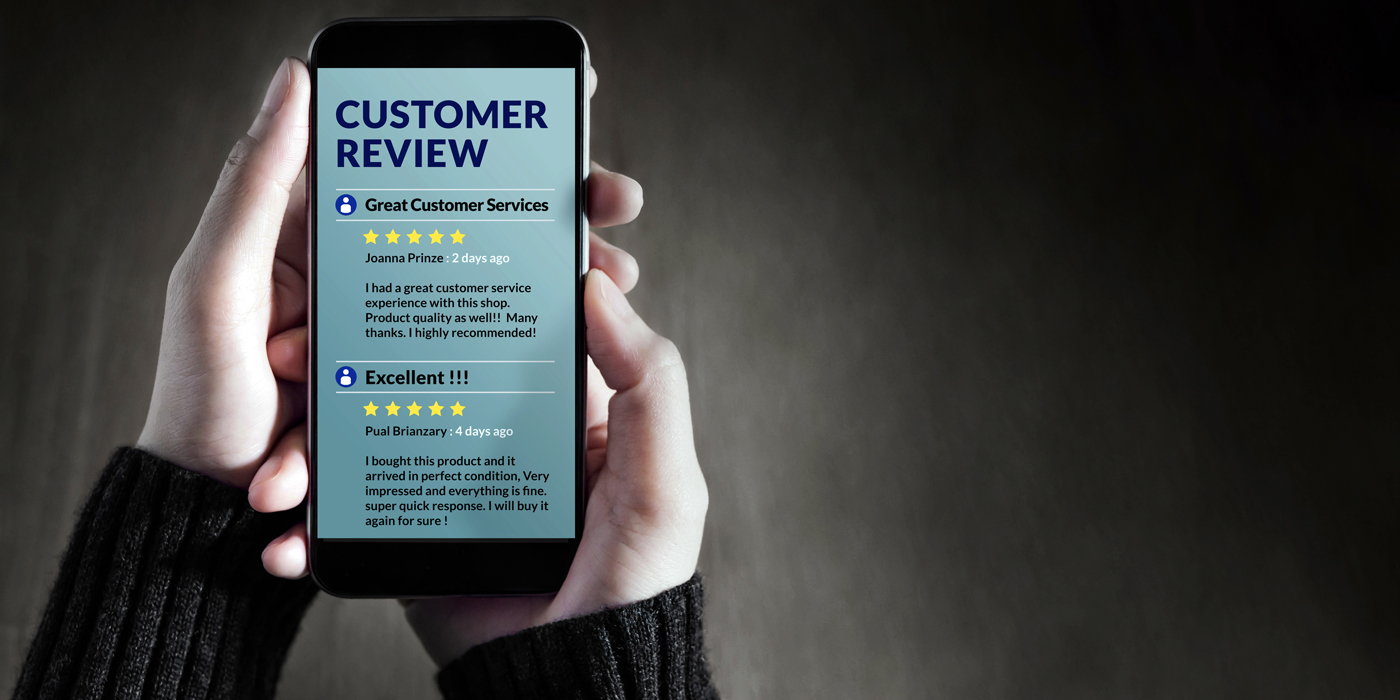Even with today’s special emphasis on all things environmental, pollution has long been a dirty word, especially to tire dealers.
And can cost your business millions of dollars without good risk management and insurance coverage.
Is your business exposed to pollution liability risks? Are you covered? Can you sleep comfortably at night knowing you have taken all the necessary steps to control this exposure?
If you know the meaning of “Environmental Due Diligence,” you probably can. First let’s look at three fact-based scenarios related to pollution liability that have actually occurred at tire dealerships:
• Drainage piping released a substantial amount of cleaning solvents into soil and groundwater.
• A waste hauler hired to carry used motor oil overturns and spills its cargo into a stream. As a “waste originator,” the dealer is required to contribute to the clean-up costs.
• Take-offs stacked “out back” become both a fire and environmental hazard (mosquito breeding ground).
Costs associated with pollution incidents – clean up and remediation costs – can run into the hundreds of thousand of dollars. Bear in mind, these costs do not include possible federal and state/provincial fines levied for non-compliance of regulations.
The effect of a pollution incident on your business can be even more profound from a public relations standpoint. Just think of other large corporations who have been forever associated with major environmental disasters.
What Can You Do?
Perform an audit of your facility and thoroughly analyze your pollution exposure:
• Ensure you are in compliance with all local, state and federal environmental protection laws and regulations.
• Develop a list of all chemicals stored or used on-site.
• Make a list of all waste materials generated or stored at your facility including lead acid batteries, antifreeze/coolant, transmission fluid, waste oil, paints, solvents, used shop rags and mercury containing devices (light bulbs, mercury switches, etc.).
• Determine where and how leaks and spills could occur.
• Have emergency procedures set up in advance to deal with spills. This includes designating an emergency coordinator and training personnel in how to handle the spill.
• Review how and in what manner you store and dispose of waste material.
• If you have underground tanks, take time to review regulations specific to Underground Storage Tanks (USTs) and ensure your tanks are in compliance.
Other Practical Control Measures
• Deal only with reputable companies for waste transport and disposal.
• Investigate your waste haulers and disposal facilities by checking with your state or federal EPA to ensure that they hold the proper permits and licenses, and whether they have any violations.
• Obtain certificates of insurance from third parties who pick up and handle your waste products. Make sure to talk to your insurance agent about this exposure.
• Convert hazardous waste to non-hazardous through incineration (waste oil heaters can be utilized). Check with your local code official prior to installing any new system to handle waste.
• Use “spill containment” pallets for storage of 55-gallon drums containing new and used oil, antifreeze, brake cleaners, paint thinners, etc.
• Install double-walled tanks and diking for above ground storage tanks containing waste oil, gasoline, etc.
• Install canopies over outside storage tanks and drum storage areas to control run-off and spills.
• Store lead acid batteries off the ground and on suitable pallets or containers.
• Use flammable liquids storage cabinets for smaller quantities of liquids for inside storage.
• Use new materials that are not hazardous in place of hazardous substances – water-based parts washers, “green” solvents and cleaners, etc.
Online Resources
Visit these sites for additional help and resource material:
• United States Environmental Protection Agency – www.epa.gov
• Compliance Assistance for the Auto Care Professional – www.ccar-greenlink.org
• Environmental Emergency Plans – www.epa.gov/emergencies/index.htm
• Spill Prevention, Control, and Countermeasure (SPCC) -www.epa.gov/emergencies/programs.htm
For more information, contact Zurich’s Risk Engineering Department at 800-821-7803.













